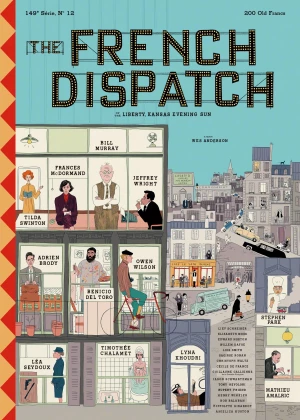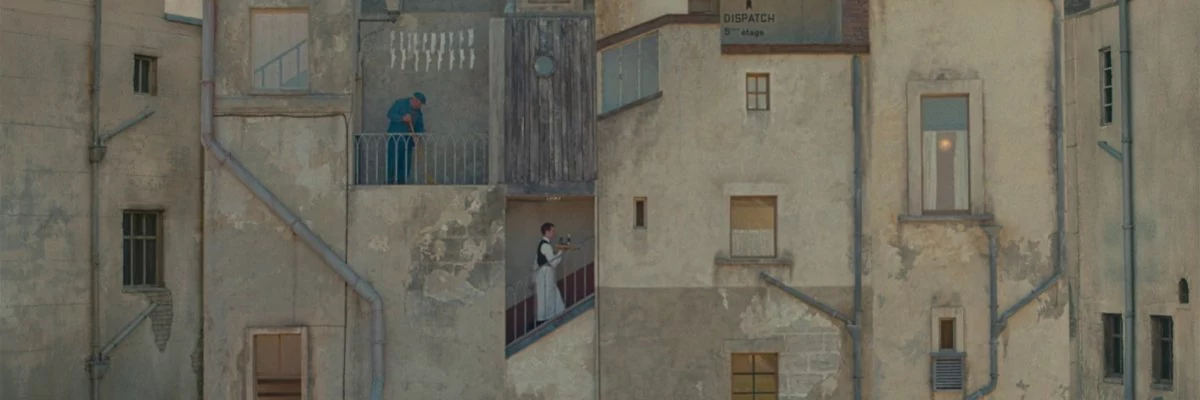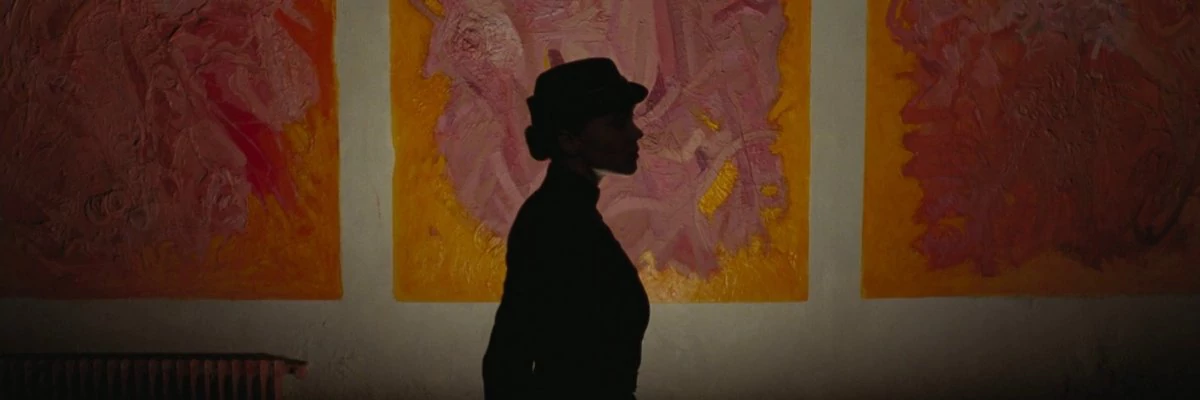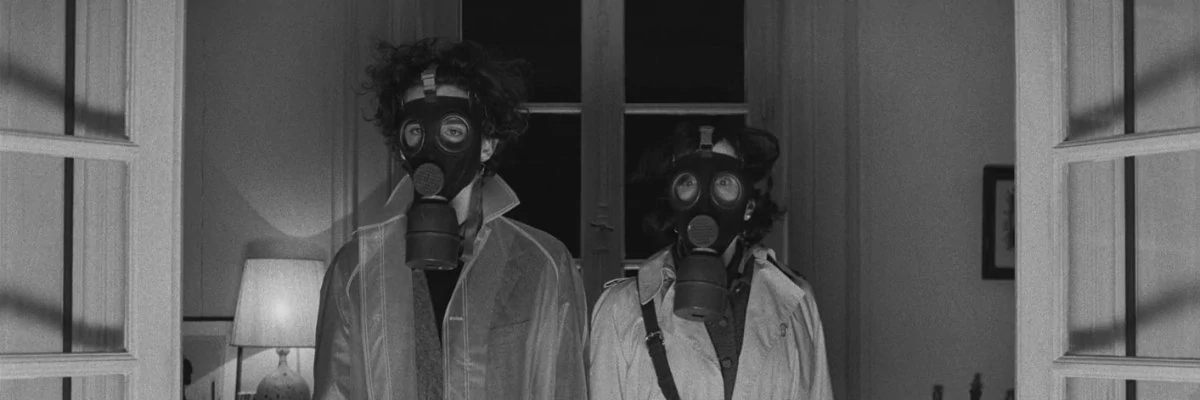The French Dispatch

Wes Anderson has been carving out a niche of his own these past couple of years, with each new film further crystallizing and purifying his signature brand. The French Dispatch is the latest in the series, and it might be the most Wes Anderson film you've ever seen. It's a celebration of everything that makes Anderson unique, it's structured as an anthology film, and it's presented as if to mimic its titular news publication. As someone who loves hyper-stylized, maximalist films, there's plenty to love here, but I wouldn't be surprised if this ends up being Anderson's most divisive film to date.

Wes Anderson is no doubt one of the most particular and unique directors working in the American mainstream circuit these days. He made it to the point where he can basically direct whatever he likes, and still have it be successful enough to be left alone. I'm not sure if that'll still be the case after The French Dispatch had its run. While it has everything to be a critical hit, it's probably going to be a bit too much to convince the more casual viewers of its qualities. Not only because it's an anthology (and people always seem to struggle with those), but also because the film itself might just be a little too demanding.
The French Dispatch is a film about a little newspaper publication and the peculiar writers who spend their time there. Anderson uses the wraparound segment to introduce the various people working for the publication, while mapping the structure of his anthology onto that of the distribution itself, starting off with an introductory short and following up with the three main courses. It sounds more intricate than it is though. While Anderson made a big effort to dress things up, it's really just a basic anthology with four shorts and a slightly more complex wraparound, a fact highlighted by the disconnect between the various shorts.
Usually, I write separate reviews for each segment, but I don't believe that would make much sense here. The plot of each shot is different enough and Anderson tries unique genre approaches with each of them, but his directorial style is so overwhelmingly leading that The French Dispatch feels like a singular, coherent whole. That will no doubt be considered a plus by many, I do feel it's somewhat of a weakness, as Anderson doesn't make the best use of the possibilities of the anthology format, which allows for more experimentation and creative freedom and variation within a single film.

Visually, Anderson's films never looked better. Every shot is meticulously constructed, every color seems handpicked, every effect has its purpose. As a rule, I dislike 4:3 (and other, more squarish aspect ratios), but in this film it just makes complete sense. Maybe it's because it's not used to create a more claustrophobic feel (which never really works anyway), instead Anderson uses the extra vertical space to create extra symmetries and enhance geometric effects. I'm still not the biggest fan of his somewhat muted, brownish/pastel color palette, but I can't deny that it fits the mood to a T. The black and white sequences too look perfectly balanced, this is truly one of his densest films to date, to the point where multiple viewings are probably needed to appreciate its beauty to the fullest.
The soundtrack feels a bit simpler by comparison. It's no doubt very fitting, but there are a few too many familiar (classical) tunes to match the film's visual prowess. The music also takes a back seat to the ever-raging narration. With all these different stories, there are a lot more settings and characters to introduce, and Anderson didn't really reduce his elaborate descriptions. While I'm in the camp that appreciates a quirky voice-over, it does get a little tiring after a while, not in the least because it's constantly competing with so much visual stimulation. Though great in theory, I did feel the disconnect between the audio and the visual elements was a bit much at times.
One thing Anderson didn't reuse across his segments are the actors, meaning the film features an insane cast, featuring the cream of the crop of US/French cinema, though few of them get enough material to truly shine. Benicio Del Toro and Léa Seydoux are notable exceptions, actors like Frances MacDormand and Bill Murray also can't help standing out, many others famous faces just blend into the background. That's not necessarily a bad thing, but it does sometimes feel like the cast is somewhat underused, with many actors just being there to get their name on the poster.

For me, there were two nagging issues with The French Dispatch. First, there's the order of the shorts, with the best ones up front and the weaker ones at the end. That's certainly not an ideal way to structure an anthology, then again that might be more due to personal taste than anything else. My second issue is probably a bit more structural, with Anderson's style actively clashing with the anthology setup here. As much as I like Anderson's attention to minute details, getting to know an entirely new setting and cast every 20 minutes through an overload of trivial information became rather tiring. I think his signature style shines brighter when it has a bit more room to breathe.
Despite those (minor) shortcomings, this is still a formidable film. It has everything you ever wanted in a Wes Anderson feature, times ten. An arsenal of quirky characters, terrific cinematography, a meticulously detailed universe and an incredible ease that defies belief, considering the extreme density. This is vintage Anderson. I do hope it's also a wake-up call for Anderson to take his next project in a new direction, as his films are becoming a little repetitive and I don't think he can take his current style any further than he did here. For now though, a terrific experience.